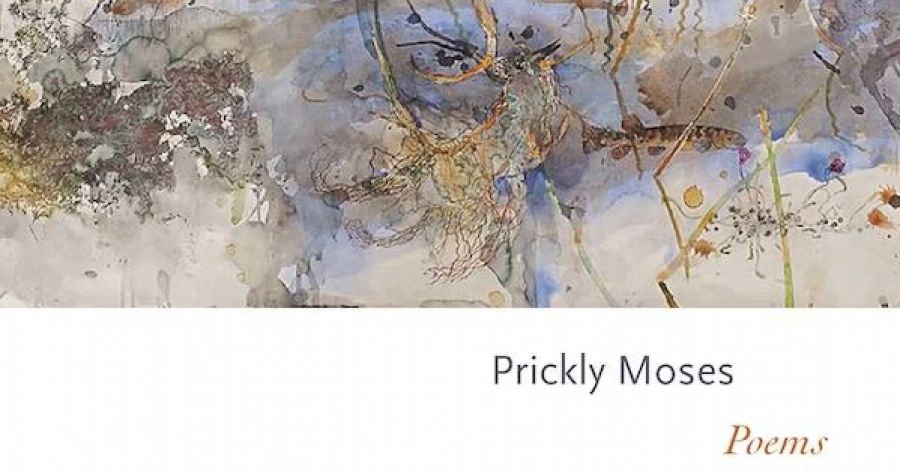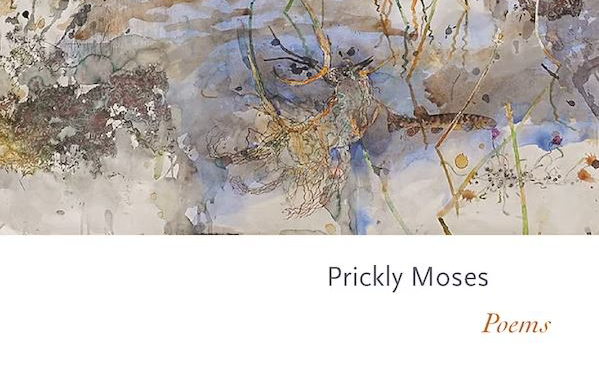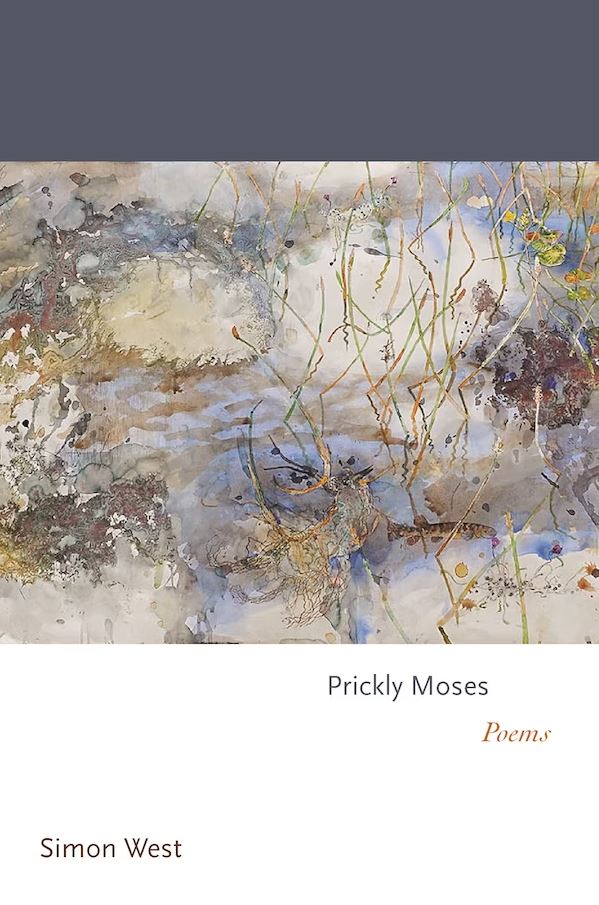
- Free Article: No
- Contents Category: Poetry
- Review Article: Yes
- Article Title: Wilder plenty
- Article Subtitle: A poet of scrupulous seeing
- Online Only: No
- Custom Highlight Text:
Too often poetry is valued as if it were prose, exclusively by virtue of its subject matter. Such discussions miss the poetry itself, which my wife calls ‘the speech that brings us to silence’, a kind of accuracy beggaring what we say about it. Simon West is a poet who understands this distinction. His essays collected in Dear Muses? (2019) explore ‘the uneasy way my allegiances lie with my language as much as they do with the places in which I dwell’. He knows how complicated such terms as language and place must be, so his landscapes – particularly riverine Victoria and Italy – never seem limitations. ‘The task of the poet is to scrutinize the actual world.’ I read him for the pleasures of both world and word.
- Featured Image (400px * 250px):

- Alt Tag (Featured Image): David Mason reviews ‘Prickly Moses: Poems’ by Simon West
- Book 1 Title: Prickly Moses
- Book 1 Subtitle: Poems
- Book 1 Biblio: Princeton University Press, US$19.95 pb, 57 pp
- Book 1 Cover Small (400 x 600):
- Book 1 Cover (800 x 1200):
Refreshingly, the personal pronoun never dominates these poems. ‘Sometimes language lags / in the wake of body’s ken,’ he writes in the book’s second poem. The poems that follow invite us, one by one, into dawning awareness. As he puts it in the title poem, about a kind of Acacia:
You grow regardless. You obtain, lopsided,
the enlightenment of well-pitched things, your equilibrium a wry smile
beaming in an old bloke’s bristly face,as I pass you on the pathway at the bottom
of the stair. Your first commandment:
start out from acknowledgement.
If that word ‘commandment’ discomforts with its religious overtones, it also asks us to consider what in the world is other and more than us. Because West is classically educated, a teacher of Italian and translator of Guido Cavalcanti, he knows mere presentism will not do. His essays acknowledge the difficulty of a traditional term like ‘Muse’ in modern Australia, but also find it useful ‘as an embodiment of the idea that poetry does not exist in a vacuum, and does not arise exclusively from the genius or angst of the individual’.
In fact, there is little angst on hand in Prickly Moses, which could lead one to wonder about the place of passion in poetry. A few of the poems here feel beautiful but inert. West has written with admiration of poets, from W.B. Yeats to Czesław Miłosz, who forged a more dynamic relation between personal and public utterance, including the dilemma of politics. One wonders what a poet of his skill could bring to such subjects. Yet I also find it charming when, in ‘The Collar Piece’, he finds himself ‘tired of the glories of Rome’, and instead observes a street scene and an ordinary pigeon: ‘And now it was / water wended to wine: / those wings clapped air / like barefoot kids racing / to the top of a travertine stair.’
It’s not just the individual body that kens, but also something out of the body, the ascension alluded to in that rhyme of ‘air’ and ‘stair’, working through observation to a kind of immanence.
West’s diction, his ability to resurrect a forgotten word and put it to new use, is a moral stance as well as a poetic one. He concludes a brief, observational poem, ‘Roadside Shaws’, with these lovely lines: ‘Shaws like a shrine that ushers the mind round boundaries / and down paths of once and what if, / into the lands of wilder plenty.’ There is also a quiet thread of the personal running through the book, beginning with its first poem, ‘Notes on Clouds’:
I used to watch that mirrored ocean foam
float in slow motion over plains vast and rambling
as a pelagic vista, the crickets’ metronome
set largo fortissimo, the Goulburn untangling
north to the Murray – the valley’s one clear border.
The clouds moved east and drew your eye on their flanged
wake like a lure in whose shine you saw Dookie, Benalla,
and a sweep of land to the Dividing Range.
This is strong technique, the rhymes unforced and enlarging.
One begins to see how West’s poetry practises his poetics, from ‘Writing Sounds’ with its ‘Psalms / to mark small victories’ to ‘Exeat’, a sequence about the poet’s school days. School, it would seem, was where the poetry began, partly in the classroom, partly in the rituals and traditions education fostered: ‘And it seems now the narrative was identity. It’s always / the same hidden campaign led by fear // to forge distinctiveness. To trust / both rage and sober thought, / to heft the gifts // of home like a totem …’ Trying to see that which is through the ghosts of memory, West is still forging his distinctiveness.



Comments powered by CComment